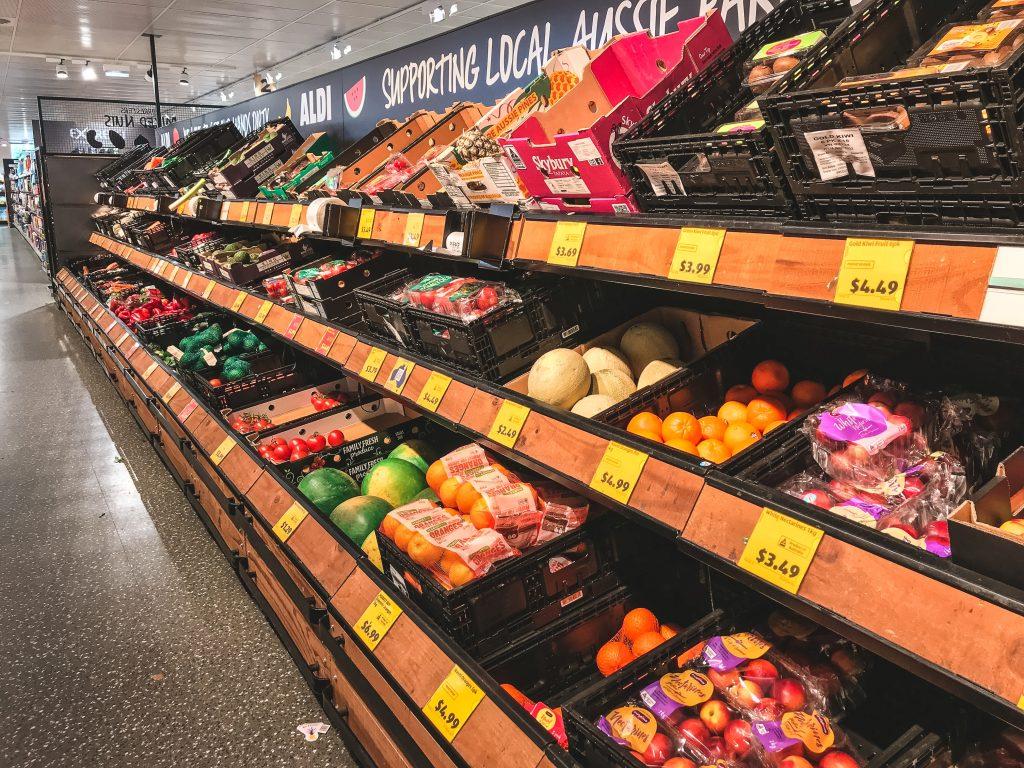
If you've been considering going gluten-free, you're not alone. In recent years, the gluten-free diet has exploded in popularity, with many people believing that cutting out gluten will lead to improved health and well-being. But is a gluten-free diet really necessary for everyone? And if you do decide to go gluten-free, is it a sustainable and healthy choice?

First, let's define what gluten is and why it's a concern for some people. Gluten is a protein found in wheat, barley, and rye. It gives bread and other baked goods their elasticity and chewiness, and it's also used as a thickening agent in many processed foods. For people with celiac disease, an autoimmune disorder, consuming gluten can cause damage to the small intestine and lead to a host of digestive and other health problems. For these individuals, a strict gluten-free diet is essential for maintaining good health.
However, many people without celiac disease still choose to go gluten-free, citing a range of potential benefits such as weight loss, improved energy levels, and better digestion. But is there scientific evidence to support these claims?

Some research has suggested that a gluten-free diet may have benefits for people with non-celiac gluten sensitivity, a condition in which consuming gluten causes symptoms similar to those of celiac disease, but without the same intestinal damage. However, the existence of non-celiac gluten sensitivity is still controversial, and more research is needed to confirm its existence and determine the best course of treatment.
For people without celiac disease or non-celiac gluten sensitivity, the evidence for the benefits of a gluten-free diet is weaker. Some studies have suggested that a gluten-free diet may have a positive impact on gut health and digestion, but these findings are not consistent and more research is needed.

One potential downside of going gluten-free is that it can be more expensive and time-consuming. Gluten-free products often cost more than their gluten-containing counterparts, and it can be difficult to find suitable options when eating out or traveling. In addition, a gluten-free diet may be low in important nutrients such as fiber, iron, and B vitamins, which are found in whole grains like wheat, barley, and rye. It's important to ensure that you're getting these nutrients from other sources if you do decide to go gluten-free.
So, is a gluten-free diet right for you? If you have celiac disease or non-celiac gluten sensitivity, the answer is clear: a strict gluten-free diet is necessary for maintaining good health. If you don't have these conditions, the decision is less straightforward. If you're experiencing digestive or other health issues that you think may be related to gluten, it's worth talking to your doctor or a registered dietitian to see if a gluten-free diet might be helpful.
However, it's important to keep in mind that going gluten-free may not necessarily lead to improved health and well-being, and it's not a one-size-fits-all solution. As with any major dietary change, it's important to do your research and make sure you're making an informed decision that's right for you.

